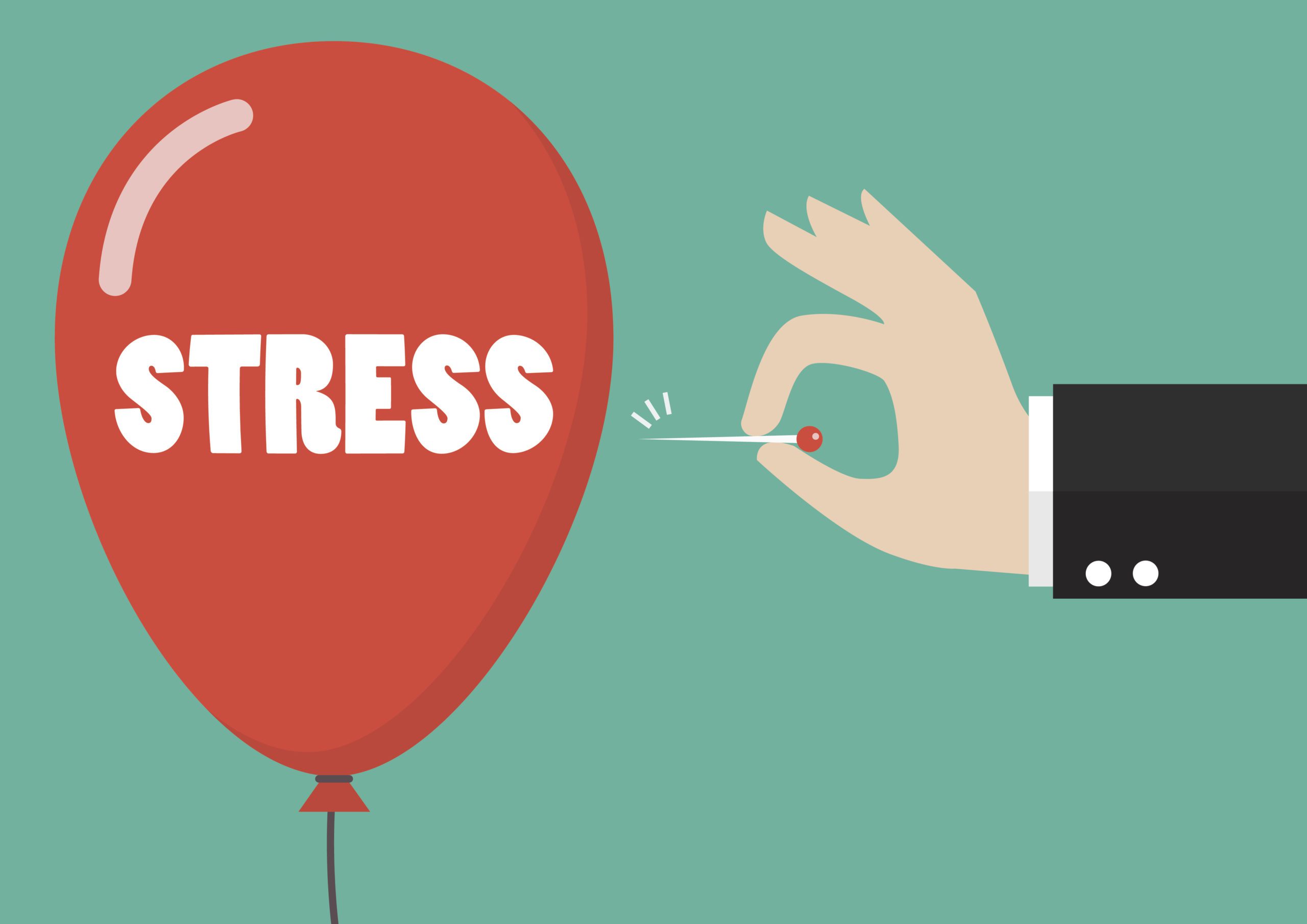How to Manage Stress Using Coping Strategies: A Practical Guide

Stress is a natural part of life—but when left unmanaged, it can affect our mental, emotional, and physical well-being. From tight deadlines to personal challenges, stressors come in many forms. Fortunately, psychology offers us powerful tools to respond more effectively. Among them, coping strategies stand out as structured, evidence-based approaches to managing stress in healthy and sustainable ways.
So, what exactly are coping strategies, and how can we use them to navigate everyday stress?
What Are Coping Strategies?
Coping strategies are the conscious efforts we make to deal with stress, solve problems, and regulate emotions. These methods help us adapt to stressful situations and maintain our mental equilibrium.
According to Lazarus and Folkman (1984), coping strategies fall into two broad categories:
-
Problem-focused coping: Dealing directly with the source of stress.
Emotion-focused coping: Managing emotional responses to the stressor.
Both types are valuable, and effective stress management often requires a balance between the two.
1 Problem-Focused Coping Strategies
These strategies aim to tackle the problem head-on and reduce or eliminate the source of stress.
✔ Examples:
Time management and prioritizing tasks
Seeking advice or professional help
Setting clear boundaries
Making action plans and breaking down large challenges into smaller steps
When to use:
Problem-focused coping works best when you have control over the situation and can take action to change it.
💗 2 Emotion-Focused Coping Strategies
When the stressor is beyond your control (such as grief, illness, or external events), emotion-focused strategies help you manage how you feel about the situation.
✔ Examples:
Deep breathing and mindfulness meditation
Journaling thoughts and feelings
Talking to a trusted friend or therapist
Practicing self-compassion and acceptance
Using creative outlets (art, music, writing)
When to use:
Emotion-focused coping is useful when you need to soothe emotional pain, reduce anxiety, or build mental resilience.
3 Avoiding Maladaptive Coping
While coping strategies are meant to help, not all coping is healthy. Maladaptive behaviors like emotional suppression, substance use, or avoidance may offer temporary relief but can worsen stress in the long run.
Instead, focus on adaptive coping, which promotes long-term well-being and emotional growth.
How to Choose the Right Coping Strategy
Ask yourself:
Can I change the situation? → Use problem-focused coping.
Is this out of my control? → Use emotion-focused coping.
Am I avoiding or suppressing emotions? → Try expressive or reflective coping like journaling or talking.
Conclusion
Stress is inevitable—but suffering doesn’t have to be. By learning to use effective coping strategies, you gain greater control over your emotional landscape. Whether you're tackling problems directly or soothing your inner world, coping empowers you to face life’s challenges with strength, clarity, and resilience.
Your mind matters. Take care of it. One coping strategy at a time.


0 Comments